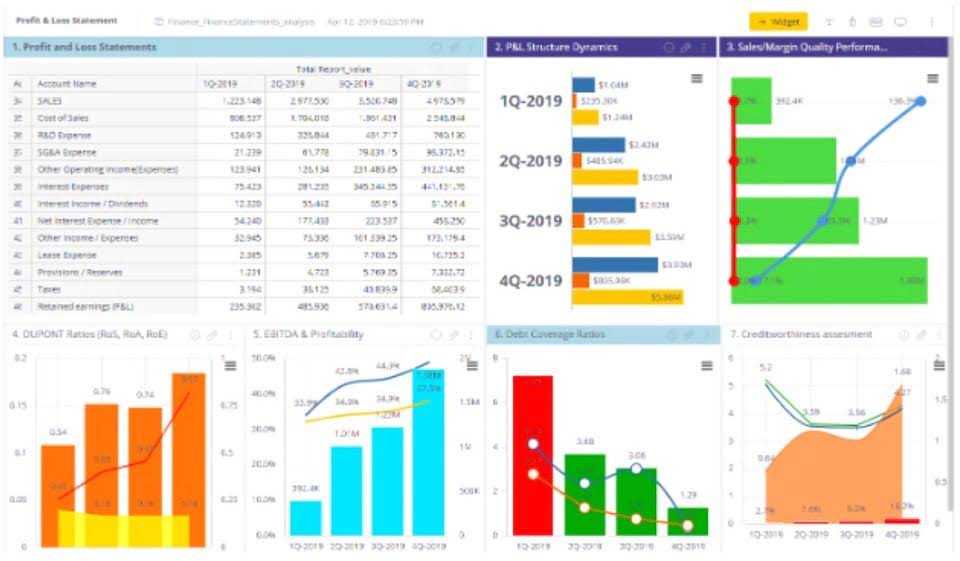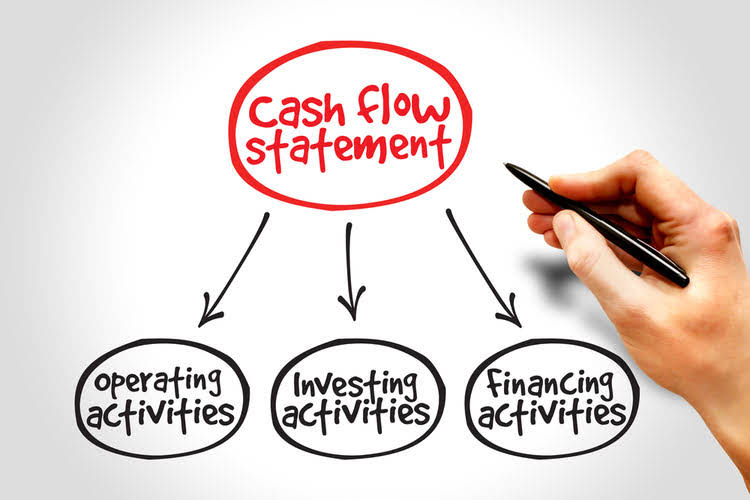Content

The first is that any money you pull from your business is no longer available to the business. You’ll want to make sure you leave your business with enough money to pay bills and expand so it can grow. If you still have questions about how to pay yourself as an S corp, consult with QuickBooks vs Quicken: Knowing the Difference an accountant today. For example, the owner of a one-person web development company might spend 75% of their time doing web development, and 25% of their time doing admin and marketing work. Our partners cannot pay us to guarantee favorable reviews of their products or services.
Are S Corp distributions the same as dividends?
Can an S corp pay dividends? While an S corporation does distribute profits to its shareholders, they are not considered dividends because that term specifically refers to profits paid out after taxes.
However, it’s worth noting that the IRS has not approved these officially, so it’s not always a reliable payment scheme. There are also other issues with these models that might make them unsuited to your S corporation. Taxes are not withheld on these payments, so you’ll have to pay tax on them at the end of the year or, if you expect to owe a lot, make estimated tax payments throughout the year.
Does an S corp pay payroll taxes?
S corp how to pay yourself is an important thing to know if you are a shareholder in an S Corp but also conduct work for the business. Just like any other employee would, you have to report your salary on your taxes. It’s up to you to determine how often to pay yourself an employee salary. It might be once or twice a month, once a week, every other week or less often. You could check out salary information for each role you fill and combine the rates. It’s easier to just look for the closest single role you can find — most likely, the kind of work you spend most of your time doing.
- Scott Royal Smith is an asset protection attorney and long-time real estate investor.
- However, it’s worth noting that the IRS has not approved these officially, so it’s not always a reliable payment scheme.
- Payroll taxes are deducted from these earnings and the S-corporation pays the employer portion of the Medicare and Social Security taxes.
- So he doesn’t have to pay additional tax simply for withdrawing money from the S Corp.
- The business structure allows the shareholder—who is often the employee as well—to save on paying taxes for Social Security and Medicare.
- As the business owner, it probably wouldn’t make much sense for you to be making the same amount as your receptionist.
- If your business is your main source of income, you might instead pay yourself a salary as an employee and take an owner’s draw on additional profits.
Personal expenses should never be recorded in your income statement as a deductible expense. One reason is that it skews your income statement and makes it difficult to evaluate the performance of your business on its own merit. The other reason is that treating your business like a personal piggy bank can “pierce the corporate veil” and expose your personal liability to creditors of the business. Lastly, personal expenses are never deductible on your taxes so there should be no reason to treat them as business expenses.
How S Corporations Run Payroll
The procedures for compensating yourself for your efforts in carrying on a trade or business will depend on the type of business structure you elect. Below are topics that frequently arise when new business owners ask the Internal Revenue Service questions about paying themselves. Because S Corps are pass-through entities, you have to report your business’s income on your personal return whether you actually receive it as a distribution or not. The upside of this is that you won’t have to pay additional taxes on a distribution unless it constitutes a capital gain. A lawyer or tax accountant can help you determine the most advantageous way to take your distributions.

The money you earn for sales or services should go into the business account first. Use that to cover business expenses, and make payments into a personal account https://adprun.net/what-does-my-accountant-need-to-file-business/ you use for personal and household expenses. The first step is setting up a nonprofit corporation—the legal entity you will use to operate your business.






